Cell Membrane Definition Simple

The cell membrane is one of the vital parts of a cell that encloses the internal organelles.
Cell membrane definition simple. A cell membranes phospholipids and proteins arranged in a bilayer give it semi-permeability allowing some. The cell membrane is 7510 nm in thickness. Cell membrane cytomembrane plasma membrane GOOD.
The cell membrane is a continuous sheet that separates the inner part of the cell from the external environment. It separates the cytoplasm the contents of the cell from the external environment. Thanks to the structure of the membrane with the hydrophobic tails and hydrophilic heads the cellular membrane has selective permeability.
In the plant cell it is covered by a cell wall outermost covering in plant cell. It protects the cell from the external environment. This membrane separates the inside of a cell from the outside environment.
The cell membrane is a thin flexible layer around the cells of all living things. Several membrane transport processes and enzyme activities depend on the optimum fluidity of the cellular membrane. As membrane fluidity in creases there is a rise in membrane permeability to water and small hydrophilic solutes.
Enclosed by this cell membrane also known as the plasma membrane are the cells constituents often large water-soluble highly charged molecules such as proteins nucleic acids carbohydrates and substances involved in cellular. It separates the cytoplasm the contents of the cell from the external environment. Its basic job is to separate the inside of cells from the outside.
The cell wall is 01 μm to several μm in thickness. A thin membrane a double layer of lipids enclosing the cytoplasm of a cell. A cell membrane is a border that covers every cell in a living organism.
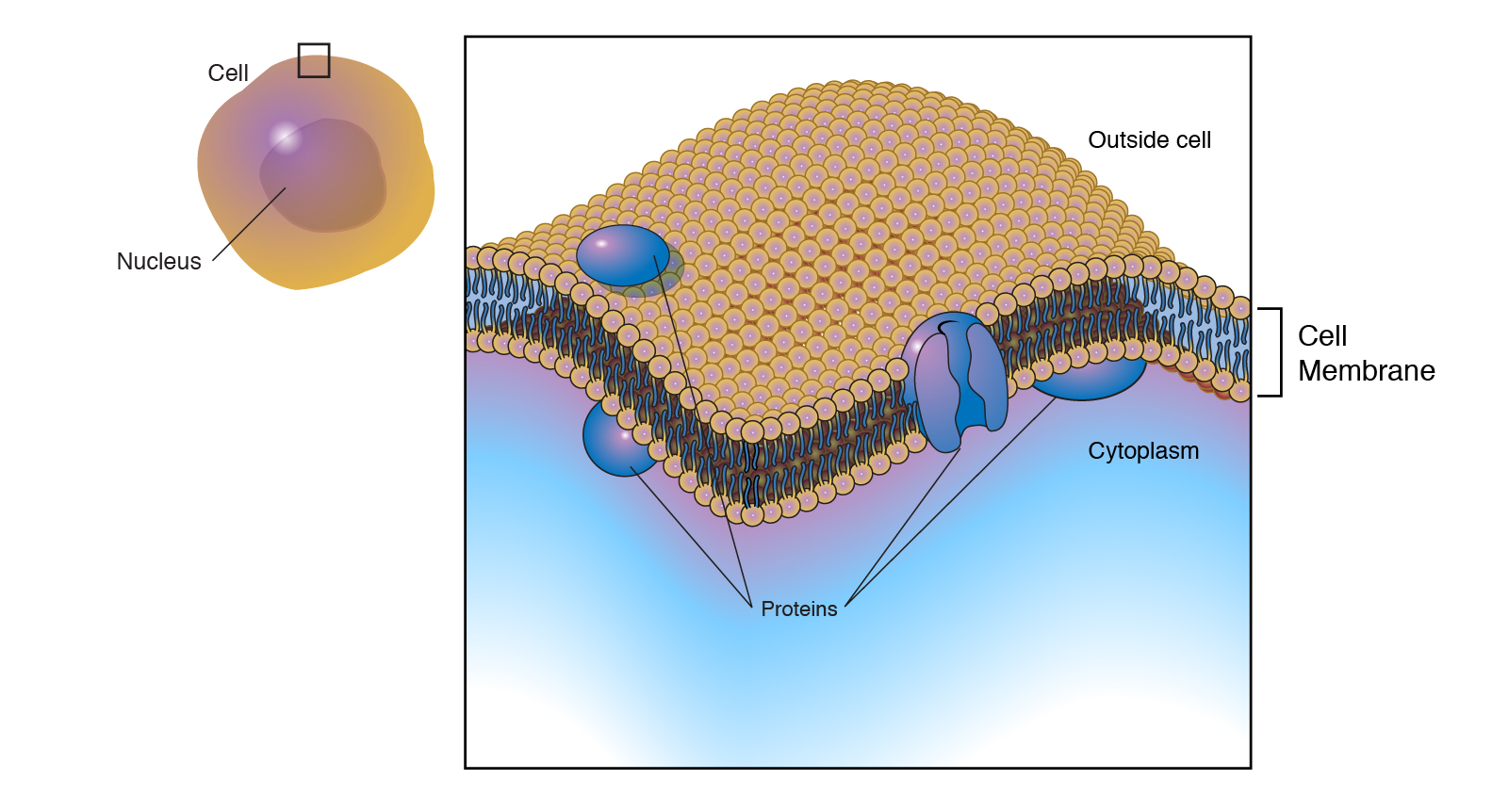
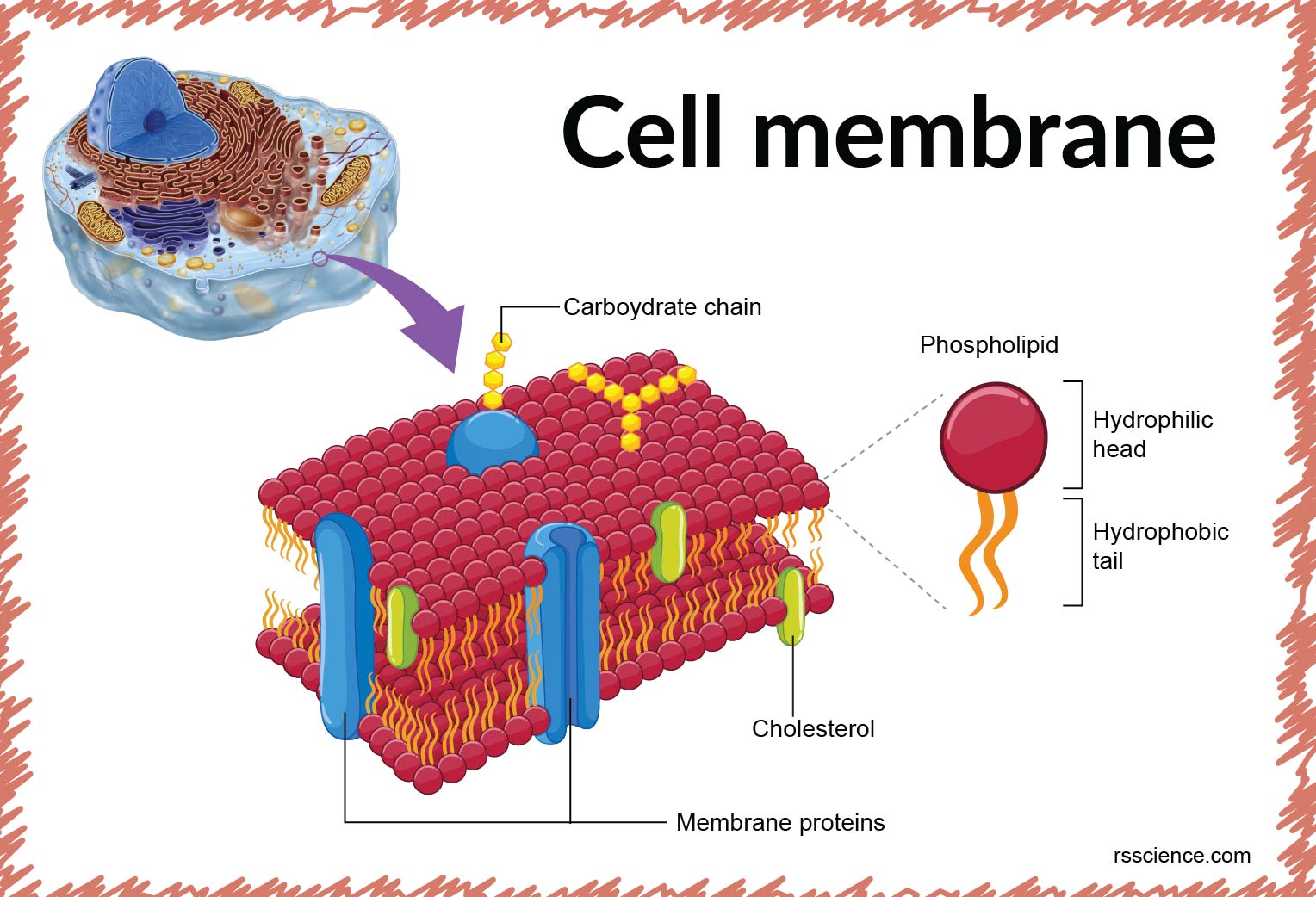
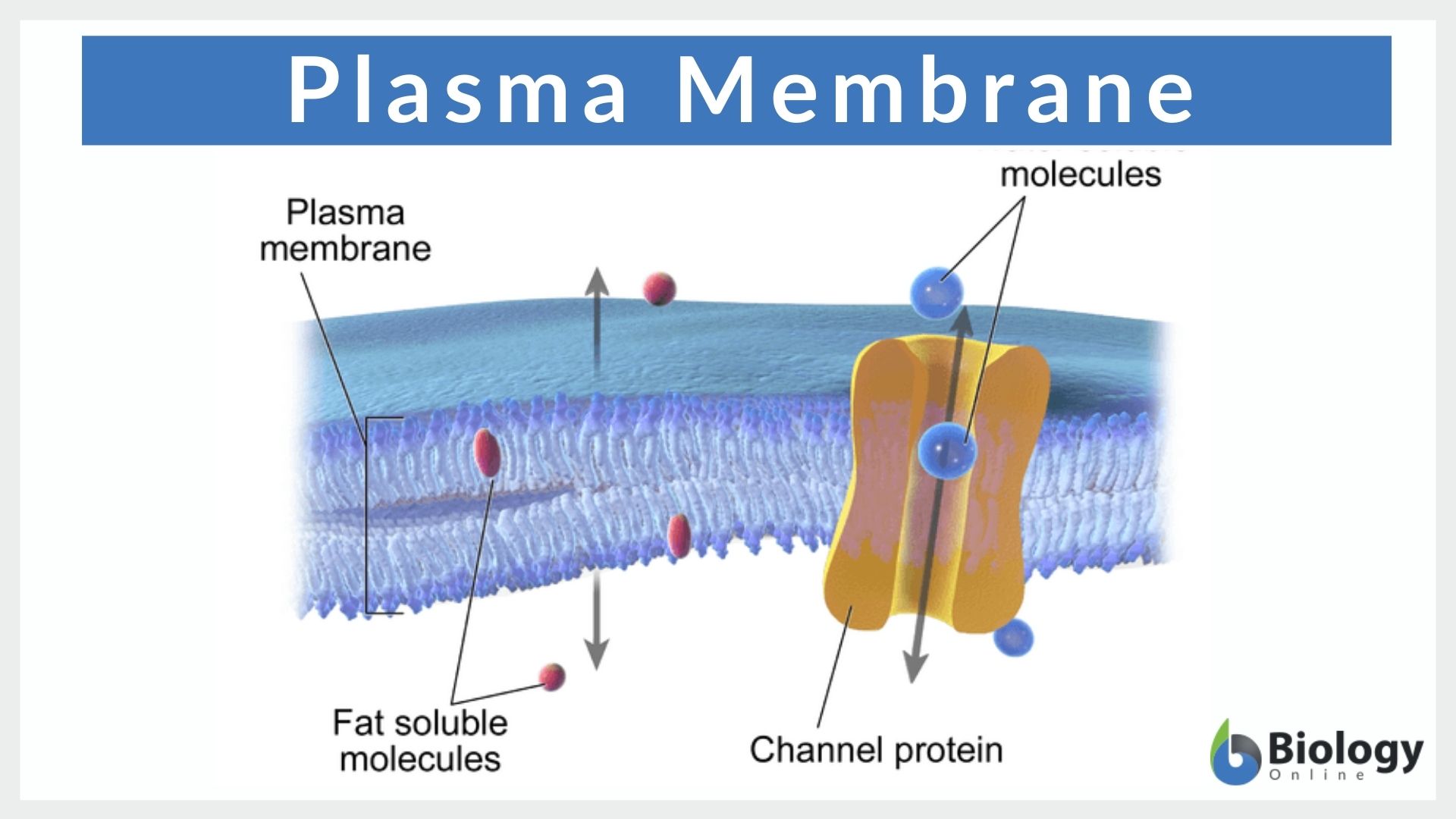






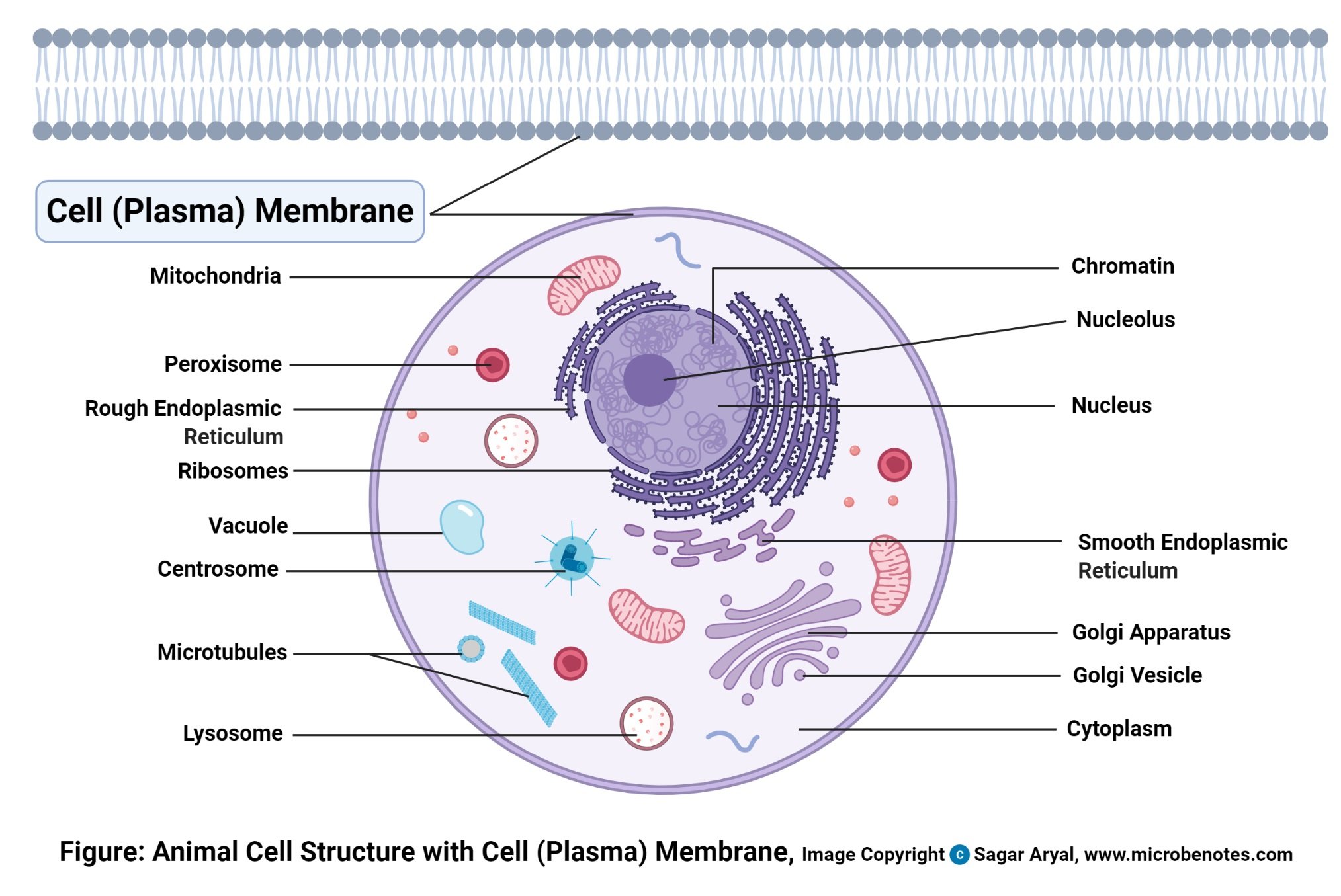
/pinocytosis-594d611e5f9b58f0fc2c5b8f.jpg)

/endocytosis-5ad64d57c0647100386364bb.jpg)

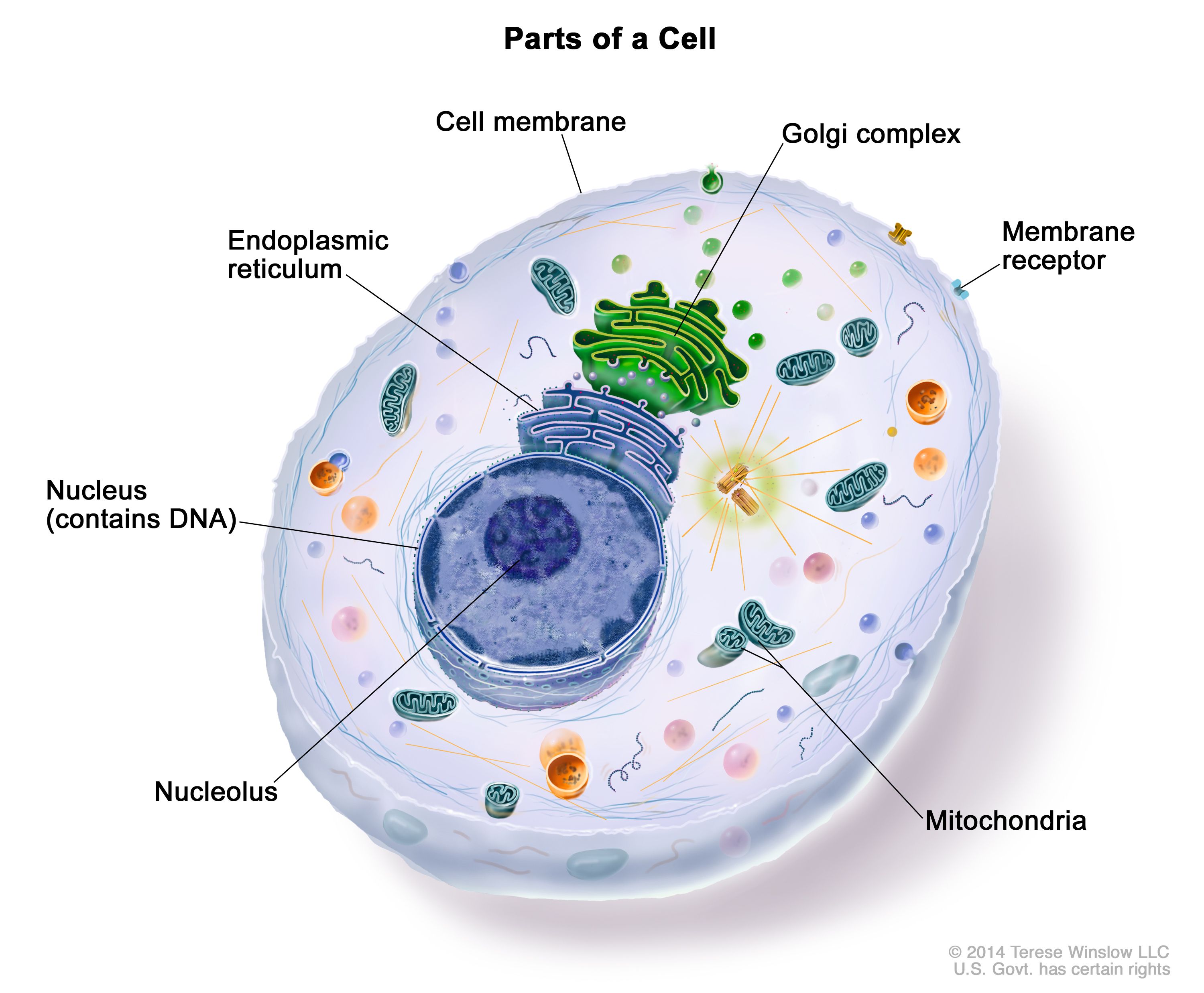

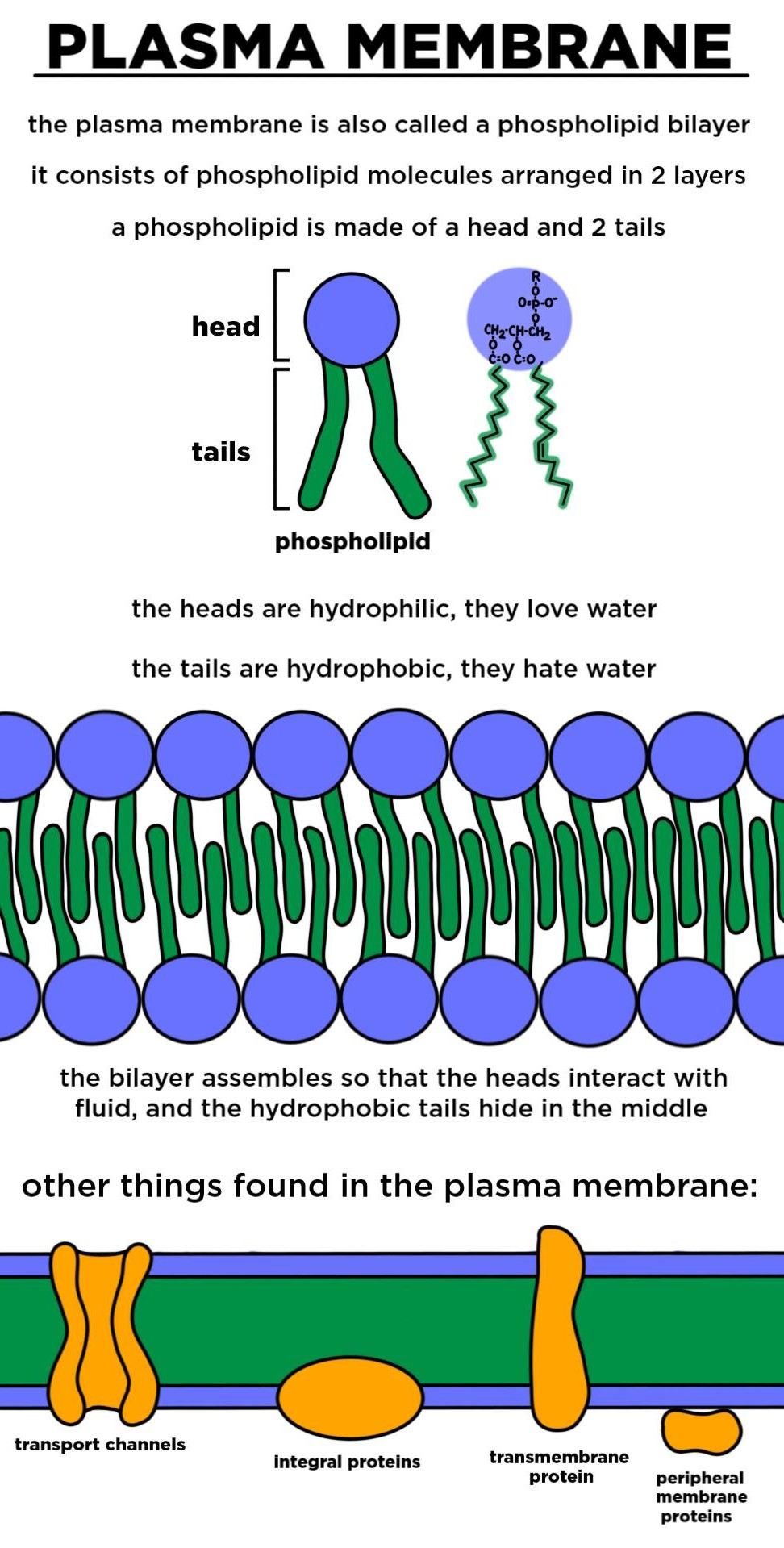
:max_bytes(150000):strip_icc()/endocytosis_pinocytosis-5ad652db1f4e130038c4847b.jpg)
